There is an inextricable link between gender equality, women’s safety and the law.
So said Dr Tessa Boyd-Caine, who addressed National Legal Aid’s International Women’s Day webinar on Tuesday.
The CEO of Australia’s National Research Organisation for Women’s Safety was keynote speaker on the topic The crucial role of legal assistance for gender equality.
Tessa said women’s safety was a critical foundation to rights and entitlements, such as economic security and independence; health; and access to safe and secure housing.
“If we understand those intersections, then already you can see that there are in fact multiple roles for legal assistance in supporting gender equality,” she said.
“First and foremost, that role includes naming and enabling women to access their rights and entitlements.
“That might be a right to safety; it might be the right to adequate income, or secure housing; it might be the right to freedom from discrimination, whether that’s at work, in health, or in other systems, or indeed, in occupying space on the street.
“So that individual advice to, and advocacy for, women role, that legal assistance services play, is absolutely critical to supporting gender equality.”
Tessa said women experiencing family or sexual violence encountered the legal system in a variety of contexts.
“In the context of family violence, that might include navigating legal issues around custody or child support, property matters or protection orders,” she said.
“It might include engagement with criminal proceedings, whether as applicants, respondents, defendants or witnesses.”
She said the community legal assistance sector was also vital for advocacy, especially in identifying the risks of legal responses.
It also helped to hold social systems to account, particularly when they caused harm or exacerbated vulnerability or disadvantage, she said.
She said issues still to be addressed included how men disproportionately benefited from legal assistance, particularly legal aid grants; and the provision of legal assistance for some matters and not others.
“We don’t routinely provide legal assistance for child protection matters, including when there’s a risk of having a child removed from a family, an outcome that disproportionately affects women, particularly in terms of the caring and kinship role that women take up,” she said.
Tessa’s presentation was followed by a discussion by a legal assistance panel of Wynetta Dewis, Family Violence Prevention Services Forum Chair and Queensland Indigenous Family Violence Legal Service CEO; Elena Rosenman, Women’s Legal Services Australia Chair and Women’s Legal Centre ACT CEO; and Katherine McKernan, National Legal Aid Executive Director.
The webinar event was convened by the Family Violence Prevention Services Forum, National Legal Aid and Women’s Legal Services Australia.



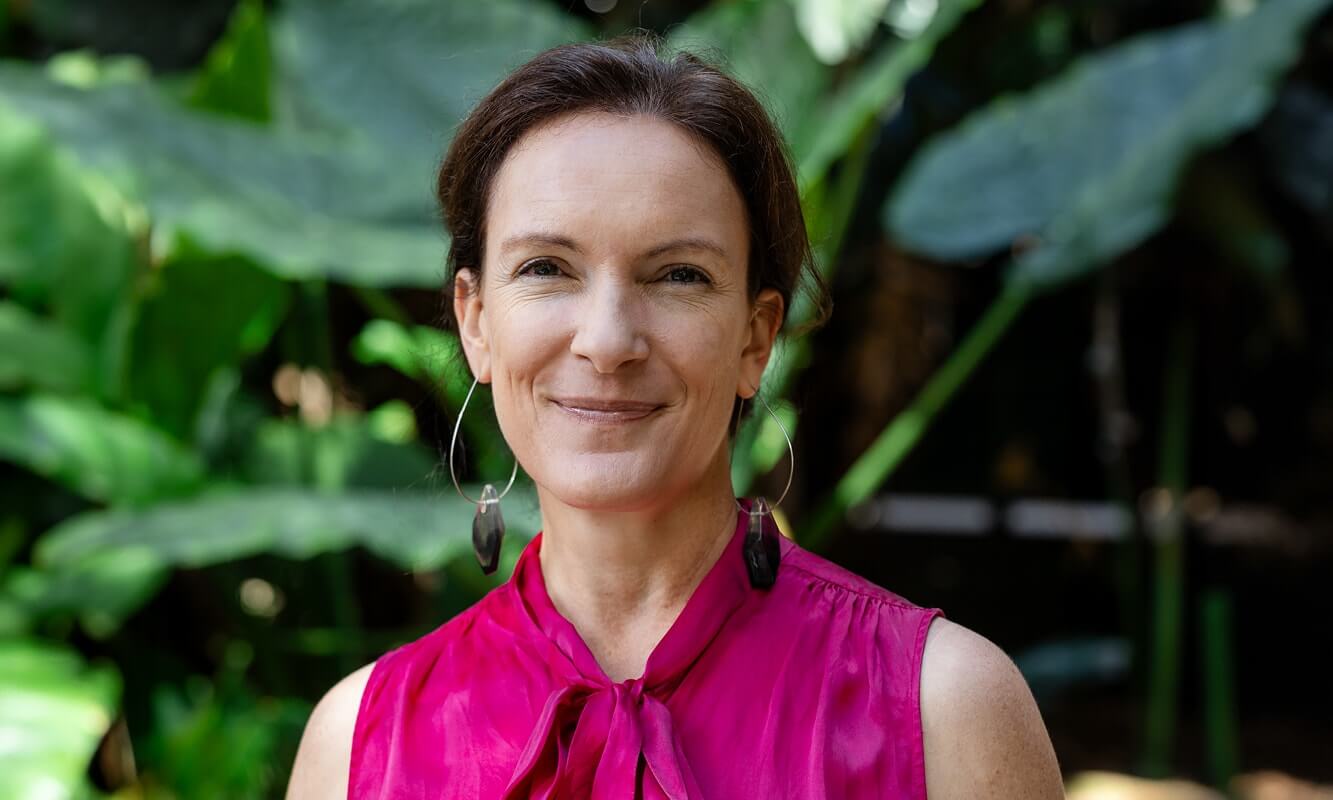



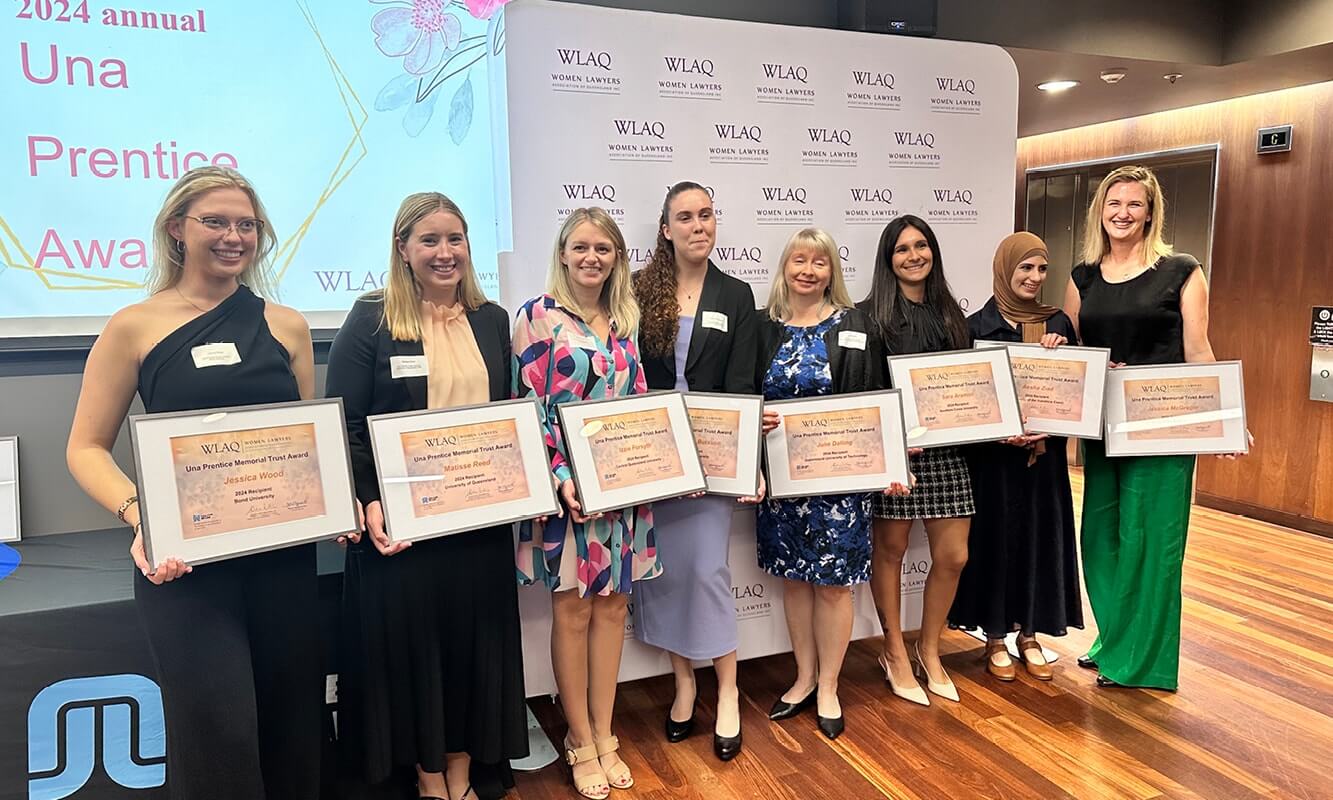


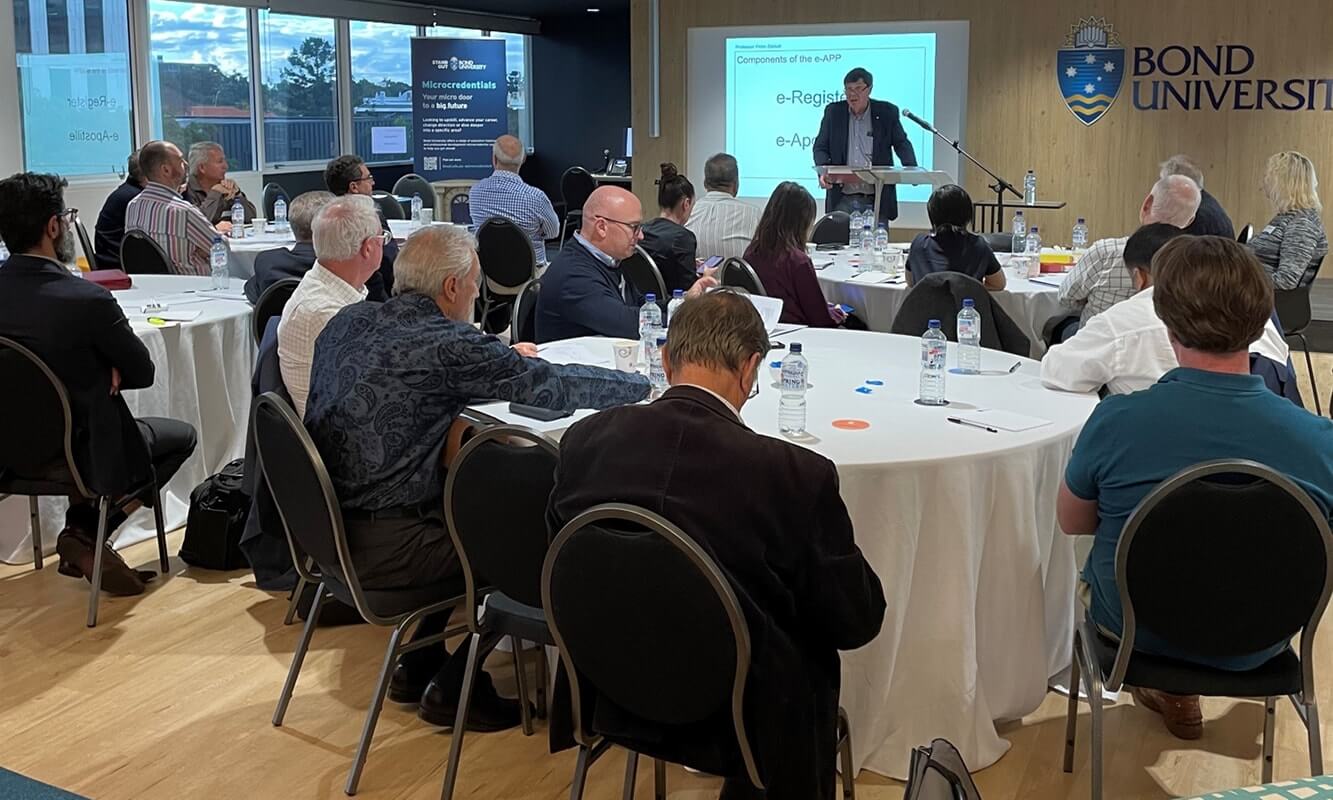
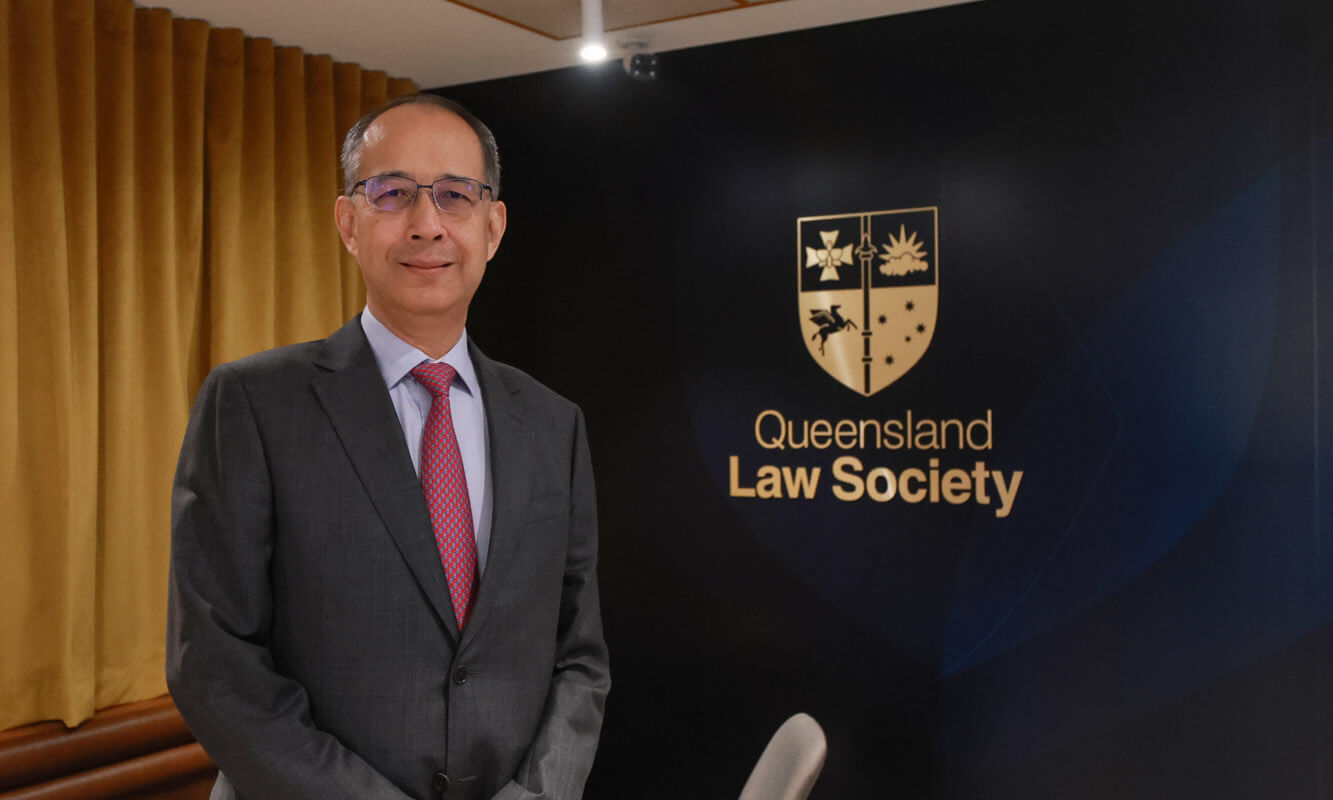
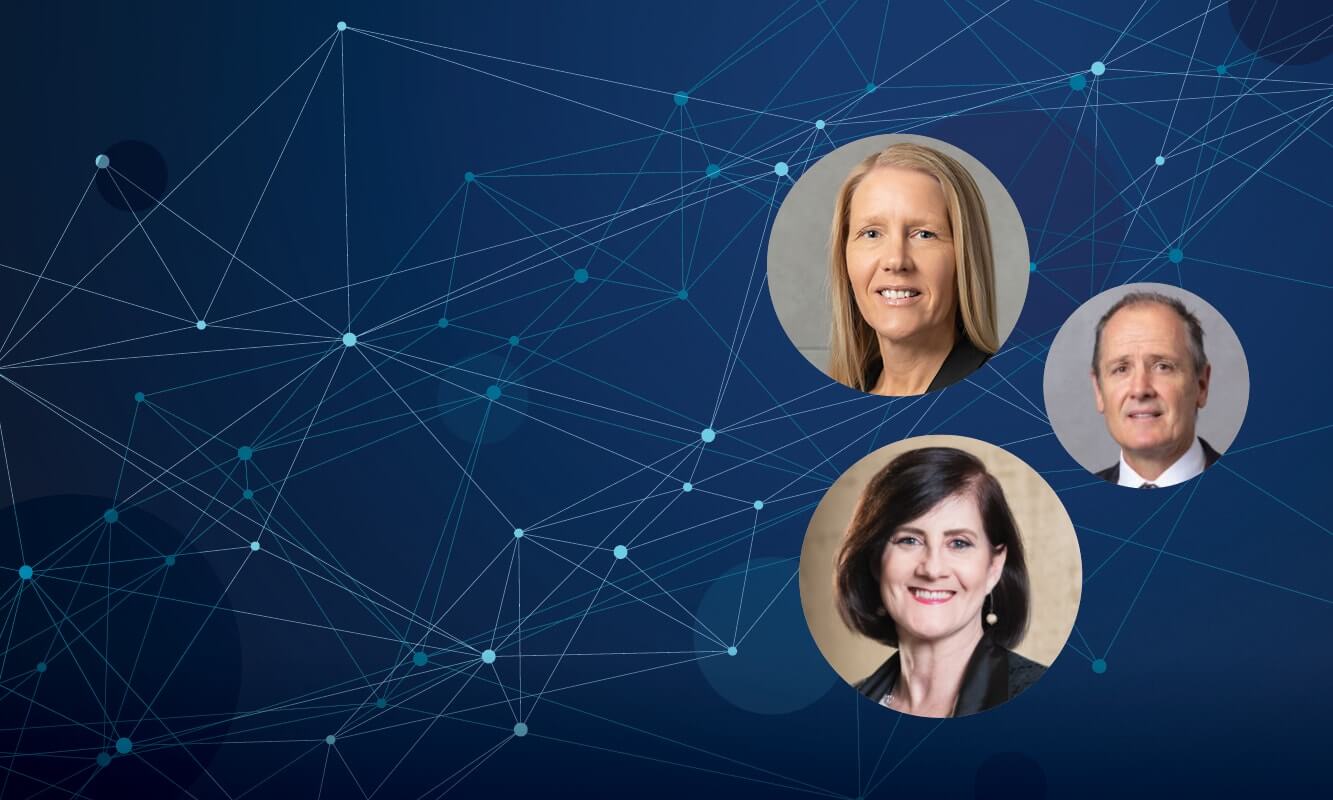

Share this article